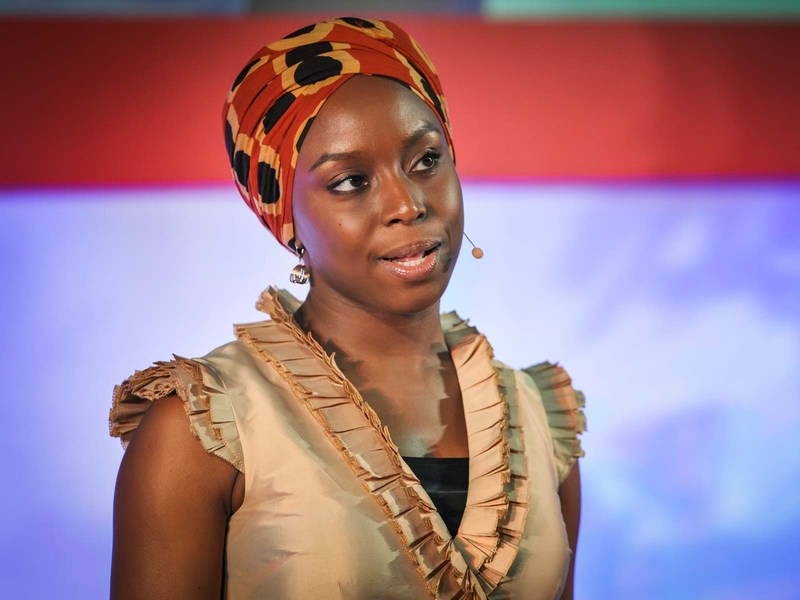In 2009, Nigerian writer Chimamanda Adichie gave an astounding, eye-opening TED
Talk called “The Danger of a Single Story.” During the TED Talk, Adichie discussed how we
[human beings] all suffer from a “single story” perspective, but what exactly is that? As
beautifully said by Adichie, “The single story creates stereotypes, and the problem with
stereotypes is not that they are untrue, but that they are incomplete. They make one story become
the only story.”
We’ve all heard “single stories” throughout our lives and we all are affected or influenced
by them, whether we realize it or not. “All people from New York are rude,” “People who live in
the deep South are racist,” “Mexicans are illegal immigrants.”– Oh yes, we’ve heard them all,
and the list goes on. In this world, there are so many single stories that people have passed down
from generation to generation, culture to culture, and nowadays, through the vast array of
media—including movies, books, television and social media. We, humans, simply hear, read, or
watch something that tells us a one-sided story or stereotype, and we then continue to live our
lives based on what we’ve heard, read, or watched. This is a dangerous way of thinking because
these “single stories” lead to racism, prejudices, strife, hate and limitation.
In the TED Talk given by Adichie, she told the story of her childhood, stating how she
grew up in the nation of Nigeria, upper-middle class, with parents who were educators, and she
lived well. Adichie came to the United States to attend college in which she had a white
roommate. Upon first meeting each other, Adichie’s roommate asked her about her “tribal
music,” and believed many negative things about how life in Africa really was. Adichie states
how she politely corrected her naive roommate, telling her that life in Africa was not at all how it
is portrayed in America through the media and that she didn’t listen to tribal music but Mariah
Carey.
Should Adichie’s roommate be blamed for thinking that way? In my opinion: no.
Assuming her roommate was naïve and had no ill intent, I can understand why she viewed Africa
in that harsh light being that she grew up in America. Let’s be honest, here in America, Africa is
displayed to us through the media as a desolate wasteland, filled with safari animals and poor,
oppressed people who are suffering from disease and famine. Most times this negative “image”
of Africa is shown to get people to donate money to various non-profit organizations. While this
may or may not be true in various areas of the continent, this is only one story. If we’re not
careful, this could become the only story. As seldom shown in the media, Africa is filled with
great cities, modern culture, great food, wonderful people and more.
While the example above gives us insight of a negative single story from Adichie’s life,
let’s begin to think about how many “single stories” we each suffer from in our everyday lives.
Are we judging the people around us based on “one story” we’ve heard or maybe one story
we’ve heard multiple times? Could the dangerous plague of people living by “single stories” be
the main influence as to why this world and nation is currently dealing with so many issues?
These are all questions we should seriously ask ourselves and those around us as well.
How many great things could we be limiting ourselves from by living with single stories or
stereotypes? We should all work to challenge ourselves to begin seeking new and positive ways
of thinking about people, places, opportunities, and most importantly, ourselves.
Remember: “Change is not something we do just once, but a lifestyle.”
By: Allan Meade







